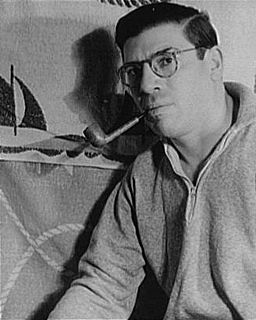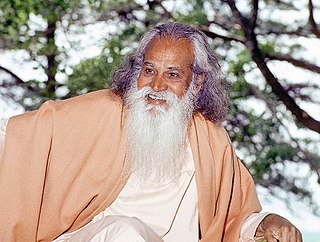A Quote by Jonathan Galassi
When you're in the throes of writing, I find, the lessons you've casually imparted to others are not in the forefront of your mind. Which may be good or bad. Probably both.
Related Quotes
You discover your true faith when you start flowing with your conscience. After lessons, visions, and theories validate themselves to you, you build faith in that hypothesis/ feeling/ idea that originated from your own heart and mind - not that of others. Before you submit to any one religion, create your own and find which one out there resonates closest with the one already in your heart. This is the way to choose your faith.
Writing is self-taught. Consulting other people only teaches you to depend on their reactions, which may or may not be legitimate. Quit looking for approval ... Learn to evaluate your own work with a dispassionate eye ... the lessons you acquire will be all the more valuable because you've mastered your craft from within.
It is only when you open your veins and bleed onto the page a little that you establish contact with your reader. If you do not believe in the characters or the story you are doing at that moment with all your mind, strength, and will, if you don't feel joy and excitement while writing it, then you're wasting good white paper, even if it sells, because there are other ways in which a writer can bring in the rent money besides writing bad or phony stories.
If you have come to these pages for laughter, may you find it. If you are here to be offended, may your ire rise and your blood boil. If you seek an adventure, may this song sing you away to blissful escape. If you need to test or confirm your beliefs, may you reach comfortable conclusions. All books reveal perfection, by what they are or what they are not. May you find that which you seek, in these pages or outside them. May you find perfection, and know it by name.
The same thing can be both good and bad. Whenever you speak of good, bad is also present. The world is a mixture of both. There is not good without bad. They are both sides of the same coin. Both are necessary. We have been given free will and discriminating capacity to select what is beneficial to us and to avoid what is detrimental to us. Even Cobra poison can be used as medicine.
Every man, however hopeless his pretensions may appear, has some project by which he hopes to rise to reputation; some art by which he imagines that the attention of the world will be attracted; some quality, good or bad, which discriminates him from the common herd of mortals, and by which others may be persuaded to love, or compelled to fear him.




































